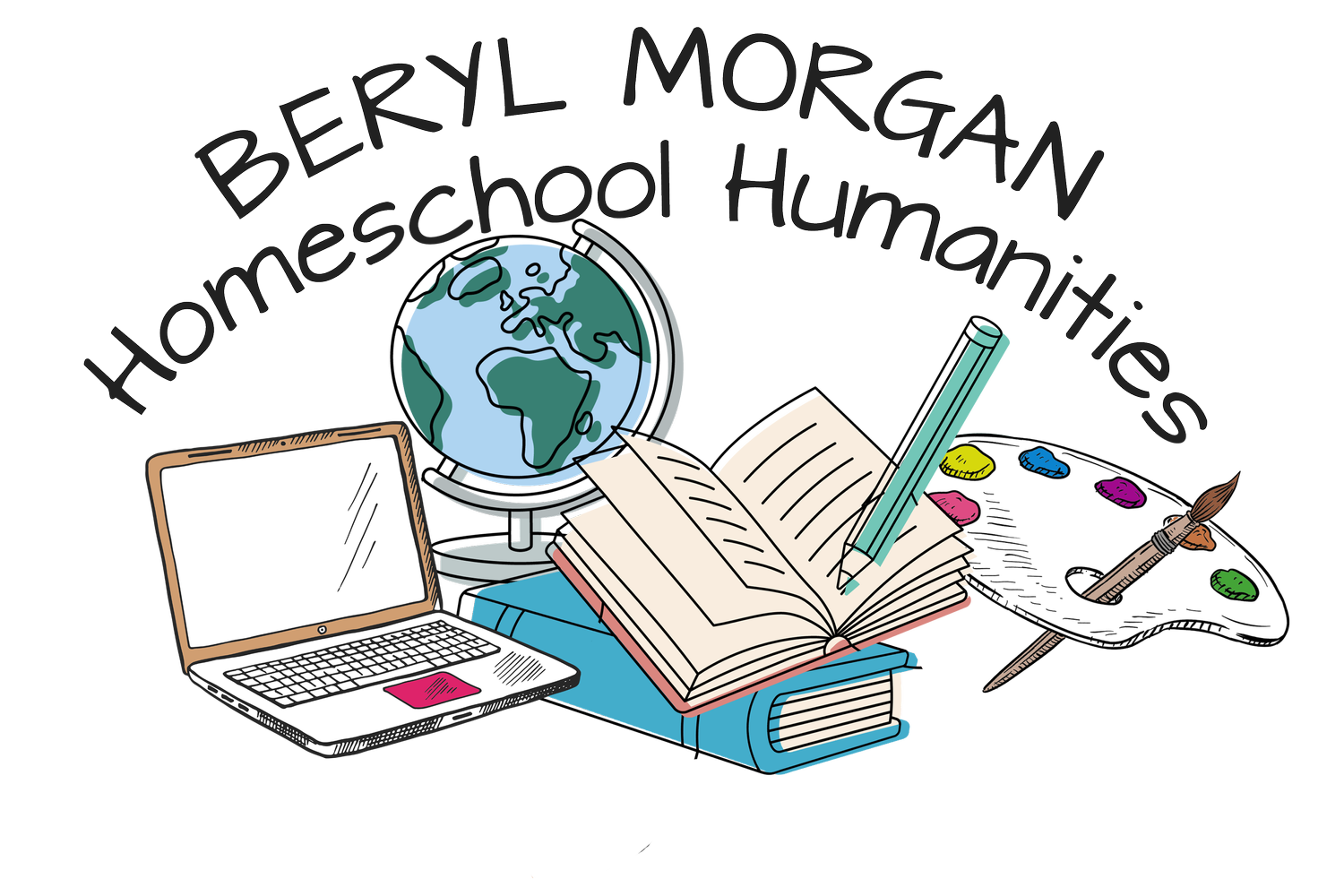THE VALUE OF TEACHING THE HUMANITIES
They reveal The Good and The Beautiful of God’s creation.
They teach students to think critically and logically with complex and sometimes imperfect information.
They foster creativity and imagination.
They teach empathy by exploring how and why behind the what
They build strong listening skills
They reveal how people throughout history tried to make spiritual, moral, and intellectual sense of the world around them.
They help students weigh evidence and consider all sides of a question before finding the correct answer.
They help foster lifelong learners!
Why the Humanities Matter: Inspiring Students to Think, Create, and Connect
“The arts and humanities teach us who and what we can be. They lie at the very core of the culture of which we are a part, and they provide the foundation from which we may reach out to other cultures. The arts are among our nation’s finest creations and the reflections of freedom’s light.”
— President Ronald Reagan
The humanities—literature, art, history, music, philosophy, design, politics, law, archaeology, anthropology—are where every idea begins. They are driven by questions like Who? How? Why? Could we? What if? These are the very questions that spark change, innovation, and creativity in every field imaginable.
Studying the humanities teaches students how to think deeply, create boldly, and question thoughtfully. It’s not just for those who consider themselves "artsy." In fact, the creative thinking developed through the humanities enhances STEM skills in profound ways. Engineers talk about "elegant" designs. Software developers don’t just make—they create. Musicians speak in fractions; surgeons comment on the beauty of sutures. These fields don’t exclude creativity—they depend on it.
Steve Jobs once said,
“I always thought of myself as a humanities person as a kid... then I read something that one of my heroes, Edwin Land of Polaroid, said about the importance of people who stand at the intersection of humanities and science, and I decided that’s what I wanted to do.”
That’s the sweet spot: the intersection where innovation lives.
And Damon Horowitz put it best:
“You go into the humanities to pursue your intellectual passion, and it just so happens, as a by-product, you emerge as a desired commodity for the industry.”
I’ve seen this firsthand. My own son discovered his career path by exploring his creativity—what started as a hobby became a powerful calling. Ask me about it sometime!
We often hear students ask, “Why?” from the moment they learn to talk. Some fear that asking why leads to doubting truth. I believe the opposite. Teaching students to ask why helps them discover why something is true. In my classroom, we explore truth—not by rejecting it, but by understanding its roots. Whether it's analyzing an artwork or debating a historical event, students must explain their thoughts, not just feel them. They learn that opinions require reasons, and that the search for understanding is part of what makes learning come alive.
As people of faith, we also see creativity as part of God’s good design for us. In Exodus 31:3–5 (NIV), God says of Bezalel:
“I have filled him with the Spirit of God, with wisdom, with understanding, with knowledge and with all kinds of skills—to make artistic designs for work in gold, silver and bronze, to cut and set stones, to work in wood, and to engage in all kinds of crafts.”
This reminds us that artistic work—design, craftsmanship, beauty—isn’t optional or frivolous. It’s a Spirit-filled gift, essential to our humanity and our calling. By teaching the humanities, we encourage students to develop these God-given gifts, to think deeply about truth and beauty, and to contribute meaningfully to their communities and the world.
The humanities don’t just teach facts—they cultivate thinkers. They grow creators. They form citizens who can lead with empathy, curiosity, and vision.

